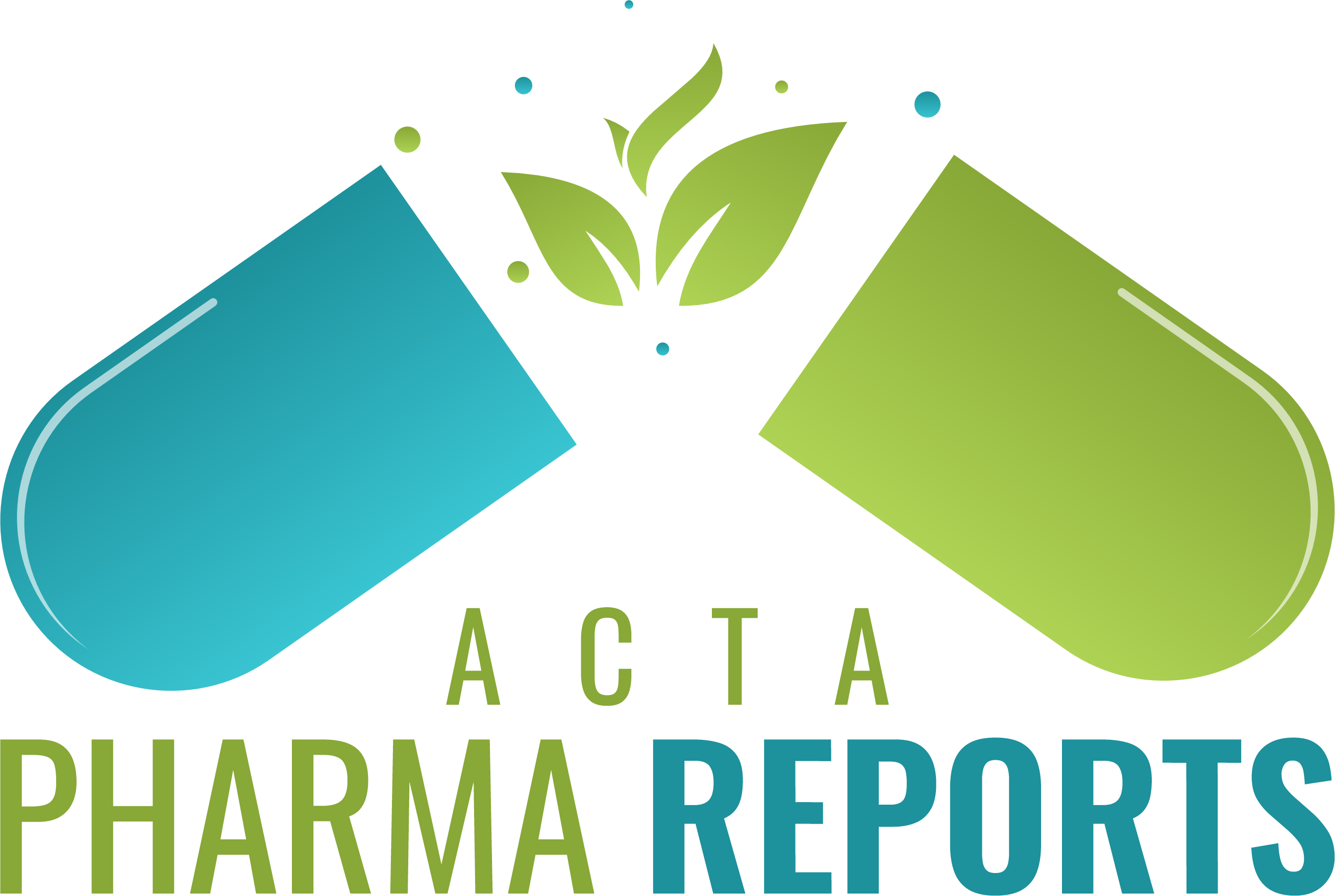Cardiac rehabilitation (CR) stands as a cornerstone in the management of cardiovascular diseases, offering comprehensive programs aimed at improving the health and well-being of individuals with heart conditions. This abstract provides an overview of the advancements and considerations within the realm of cardiac rehabilitation. In recent years, significant advancements have been made in understanding the multifaceted aspects of CR, encompassing exercise training, risk factor modification, psychosocial support, and patient education. Novel exercise modalities, including high-intensity interval training (HIIT) and technology-assisted rehabilitation programs, have emerged as effective strategies to enhance cardiovascular fitness and functional capacity in CR participants. Additionally, personalized approaches to risk factor management, such as tailored dietary interventions and smoking cessation programs, have demonstrated promising outcomes in improving cardiovascular outcomes and reducing disease burden, the integration of psychosocial support services, including stress management techniques, cognitive behavioral therapy, and social support networks, plays a crucial role in addressing the emotional and psychological aspects of cardiovascular rehabilitation. Patient education programs focusing on medication adherence, symptom recognition, and lifestyle modifications empower individuals to actively participate in their care and promote long-term adherence to healthy behaviors. Despite these advancements, several considerations must be addressed to optimize the delivery and effectiveness of cardiac rehabilitation programs. Access barriers, including geographical constraints, socioeconomic disparities, and healthcare system limitations, pose challenges to equitable participation in CR, particularly among underserved populations. Moreover, tailoring CR interventions to the unique needs and preferences of diverse patient populations, including women, older adults, and individuals with comorbidities, remains a critical priority in promoting inclusivity and accessibility in cardiac rehabilitation services.
